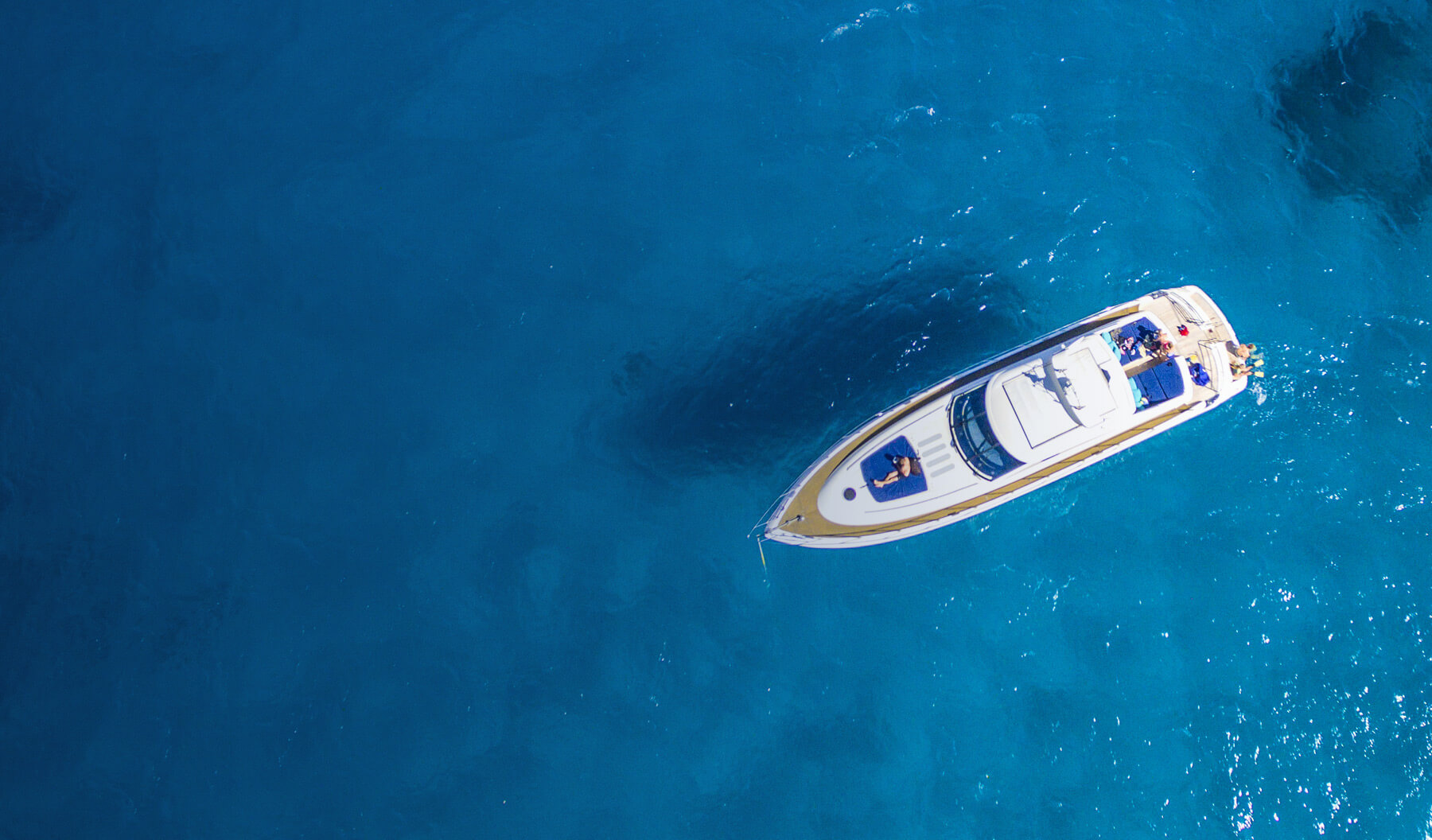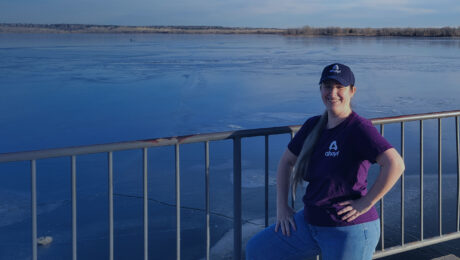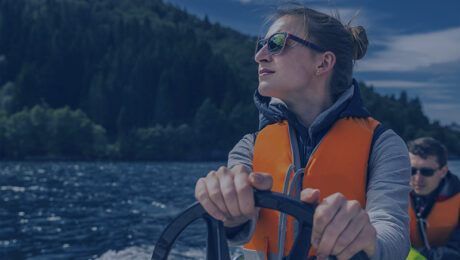In the maritime world, the impact of pollutants like petroleum on aquatic ecosystems is a growing concern. Ahoy! Insurance recognizes the importance of responsible boating practices not only for the well-being of our planet but also for the safety and risk management of our insured and their boats. In this article, we explore eco-friendly boating practices and how they align with Ahoy! Insurance's commitment to environmental responsibility.
The Environmental Impact of Petroleum:
Petroleum-based products, such as gasoline and oil, pose significant threats to marine life. These products could either sink to the seabed or float on the surface or midway in the water. While pollutants which float midway or sink harm marine life, from mammals to fish, from seaweed to corals, ones that float on the water also risk the aquatic birds that feed of the marine life. Recognizing the severity of these issues, we encourage boaters to adopt clean boating practices to protect our oceans and waterways. This will also minimize the risk of insurance claims related to oil spills.
Compliance:
We remind boaters of their obligation to comply with laws governing the discharge of oil and oily waste. Violating regulations, such as the Federal Water Pollution Control Act, can result in penalties of $5,000 (per section 312 of the Act). To promote responsible boating, Ahoy! Insurance urges boaters to report spills promptly by contacting the National Response Center at 1-800-424-8802.
Fueling Best Practices:
Fueling practices play a crucial role in preventing spills and protecting both the environment and your vessel. We recommend the following tips to avoid fuel-related incidents:
- Fill tanks to a maximum of 90% capacity to account for thermal expansion.
- Fill tanks just before departing on a trip to minimize spills due to expansion.
- Fill portable tanks ashore where spills are easier to clean up.
- Use oil absorbent pads to catch drips and prevent stains on your vessel.
Bilge Maintenance and Oil Changes:
Maintaining a clean bilge is essential to prevent the illegal discharge of oily water. Ahoy! Insurance advises boaters to take the following precautions:
- Keep the engine well-tuned to minimize oil release.
- Place oil absorbent materials in the bilge and replace them regularly. Here is a link to an article further elaborating on the topic. And this is a link to Amazon’s page where you can find such absorbent pads
- Avoid using detergents in oily water cleanup to prevent pollution and potential fines.
Emissions Control:
Reducing emissions from marine engines is crucial for environmental health. Ahoy! Insurance recommends the following measures to minimize hydrocarbon exhaust emissions:
- Use recommended gas-to-oil ratios for engine efficiency. Often, the required ratio for the motor is written right on, or near the fuel cap. Most two-stroke boat engines require a 50:1 ratio but some require 40:1 ratio. Here i is a handy calculator to use to find the right gas and oil quantities given a desired ratio.
- Opt for premium two-cycle engine oil to improve performance and reduce pollution.
- Use gasoline with the recommended octane level.
Preventative Equipment:
Here are some commercially available products that can aid boaters in preventing spills and reducing emissions - fuel/air separators, safety nozzles, bilge pump switches, and containers for collecting overflow.
Conclusion:
We encourage all boaters to adopt clean boating practices not only to protect our oceans and marine life but also to minimize the risk of insurance claims. By promoting eco-friendly habits, we can collectively contribute to a sustainable and responsible boating community.


